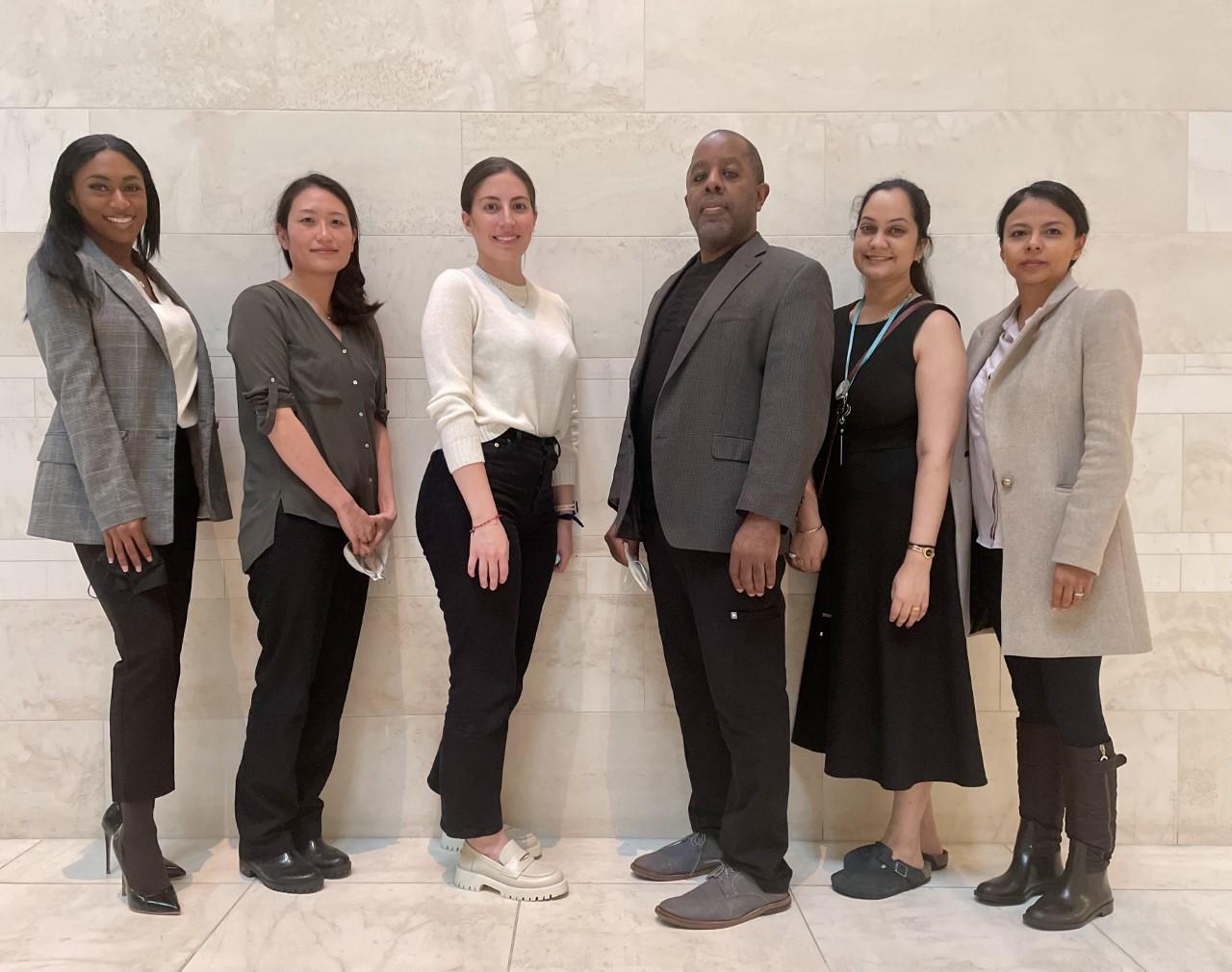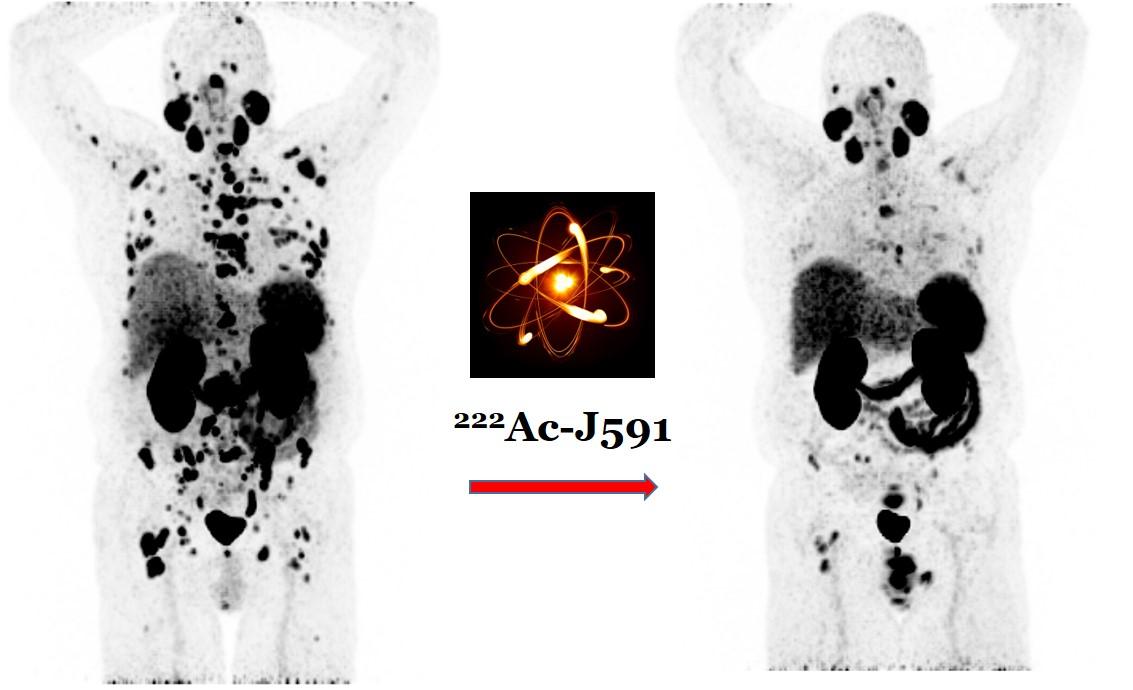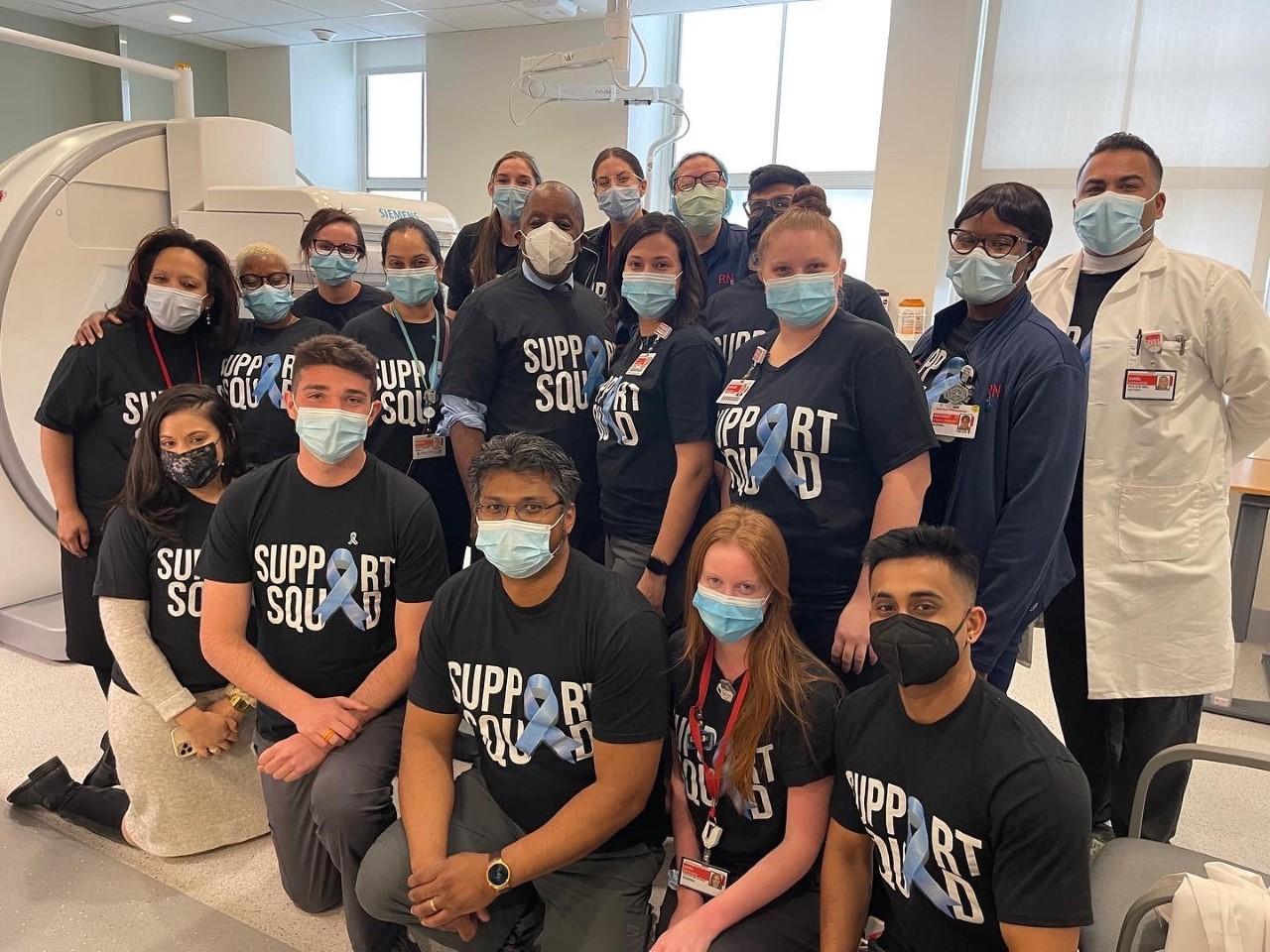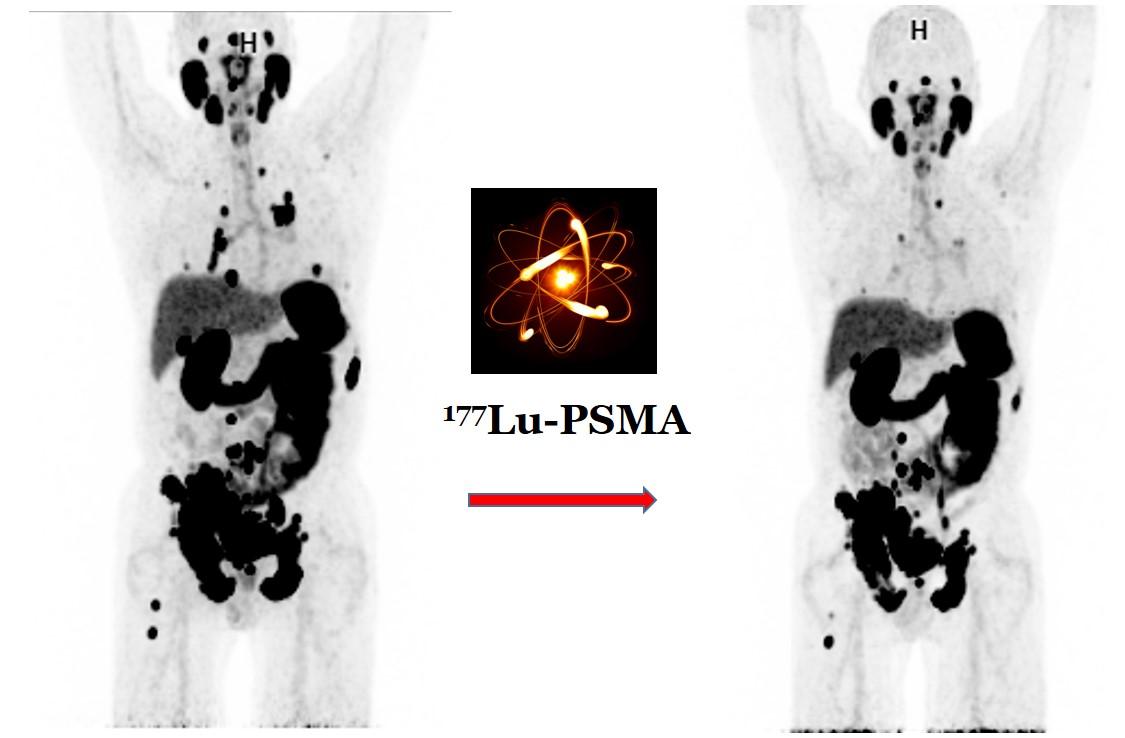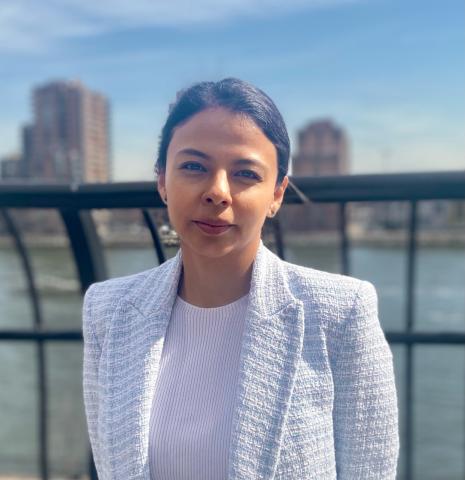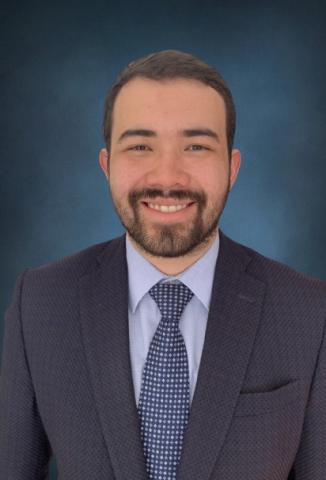Areas of Investigation
The Radiology Health Equity Laboratory aims to improve access to radiology and bring awareness to health equity disparities through research and practical implementation in underserved communities. The lab has a strong interest in the socioeconomic causes of the uneven burden of cancer-related mortality. For this reason, the lab continues to focus on the next generation of molecular imaging probes. Most specifically, the lab focuses on finding means of cost-effective and practical integration.
The lab believes that cost-effective diagnostics will translate to broader access to more effective therapeutics. Cancer equity will be addressed by combining these areas of focus into one goal, dedicated towards the responsible translation of investigational and approved compounds into the communities most at risk.
Lab Focus
- Improving access to affordable diagnostics.
- Co-development of more effective theragnostics - targeted alpha theragnostics (TAT).
- Improved communication with patients through clinical trials.
- Navigating all patients through the healthcare journey.
Recent Lab Achievements
- The Weill Cornell Medicine catchment Prostate Cancer Health Impact Program (pCHIP) is the Dean’s Health Disparity Research Award Winner.
- National Institutes of Health (NIH) Academic Industrial Partnership with the R1 Grant award for “[a] new technique to make 68Ga-labeled pharmaceuticals widely available for clinical use.”
- The Rad Health Equity Lab ensures thw lab is first in the area to provide the latest medical innovations so that it can ensure access to all patients who need it. This includes 18 fluorodeoxyglucose (F)-prostate specific membrane antigen (PSMA) positron emission tomography (PET) (first in the east coast), 18F-fluoroestradiol (FES) PET (first in the east coast), and 177 Lutetium (LU)-PSMA (first in the northeast).
- The lab provides newly innovative Food and Drug Administration (FDA)-approved theragnostics and molecular diagnostics over all our campuses including NewYork-Presbyterian (NYP)-Brooklyn Methodist Hospital and NYP – Weill Cornell.
